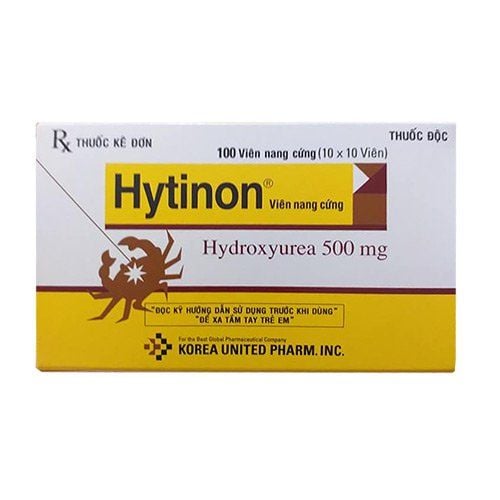This is an automatically translated article.
The article was professionally consulted with MSc Tran Thi Vuong - Doctor of Microbiology - Laboratory Department - Vinmec Hai Phong International General Hospital.Genital warts are a sexually transmitted disease caused by the HPV virus. To detect genital warts. Patients need to do early diagnostic tests for timely treatment.
1. Signs of disease detection
Genital warts are a disease caused by the HPV virus. HPV infection is quite common. However, most cases of HPV infection have no clinical manifestations. 90% of HPV infections resolve on their own, or resolve spontaneously within 2 years or as quickly as 6 months. However, persistent HPV infection can be a risk factor for developing cancer. The disease is manifested by papillomas, warts, skin tags and mucous membranes, the most common and most concerned location is the genital area. Usually these genital warts are painless and may not require treatment, but these genital tract lesions have a great impact on the psychology of the sufferer. The treatment at this time, in addition to removing papillomas and warts, also contributes to solving psychological problems for the patient.1.1. Incubation period It is difficult to determine the exact time of first infection with HPV. The incubation period is defined from 3 weeks to 8 months (median 2-3 months).
1.2. Genital warts manifest as bright pink, soft, pedunculated or pedunculated papillomas that are painless and bleed easily. Over time, they can develop into spikes or leaves, up to several centimeters in length, linked together into a wide array that looks like a rosy-white cock or cauliflower flower.
In women: Common locations are the clitoris, small lips, around the urethral opening, and the perineum. In addition, genital warts may also occur on the cervix and anus.
In men: Commonly found in the foreskin, glans and shaft of the penis, sometimes found in the mouth of the flute, skin of the scrotum, anus.
Normally the disease does not cause pain. However, in case the wart grows too large, it can cause discomfort when walking. Genital warts can be scratched, bleeding, or more seriously infected, causing pus-filled warts, swollen inguinal lymph nodes when there is trauma or palpation. In some cases the patient may have a high fever or pain.
2. Reasons to get tested for genital warts
Some of the tests a doctor can do to see if a person has genital warts are as follows:Men
Assess genital nodules for genital warts no Genital and rectal function tests Genital fluid collection to check for gonorrhea/chlamydia Blood collection for syphilis/HIV (the virus that causes AIDS). Women
Evaluate genital nodules to see if they are genital warts General examination of the pelvis, rectal examination Get fluid from the genitals to check for gonorrhea/ chlamydia Get a blood test for syphilis/HIV Have a Pap test or an HPV test.

3. Tests needed to diagnose genital warts
Genital warts can be diagnosed by direct visual examination of characteristic, typical lesions.With cervical lesions The doctor will screen with Papsmear test, to see the pathological lesions. The Papsmear test alone or in combination with the HPV test can be performed at the same visit.
To diagnose the cause, it is necessary to do an HPV test. Currently, HPV genotype test is a widely used test in diagnosing HPV infection in patients with warts or cervical lesions. HPV genotype can be done by PCR or membrane hybridization technique to determine the specific type of HPV that the patient has. There are about 200 different types of HPV. 90% of warts are caused by HPV types 6 and 11 and these lesions are usually benign. Meanwhile, 90% of cervical cancer cases are closely related to high-risk HPV infection. HPV genotype is also a screening test for cervical cancer. Currently, there are many chemical kits to screen and detect high-risk HPV types that cause cervical cancer such as HPV 16, 18, 31, 33, 35, 39, 45, 51, 52, 56, 58, 59 , 66, and 68.
Vinmec International General Hospital is a hospital invested with modern equipment. At Vinmec system hospitals, there are screening packages for uterine cancer, cervical cancer, and screening packages for sexually transmitted diseases. Come to Vinmec hospital, you will be examined and consulted for tests to quickly solve the health problems you are having.
Please dial HOTLINE for more information or register for an appointment HERE. Download MyVinmec app to make appointments faster and to manage your bookings easily.














